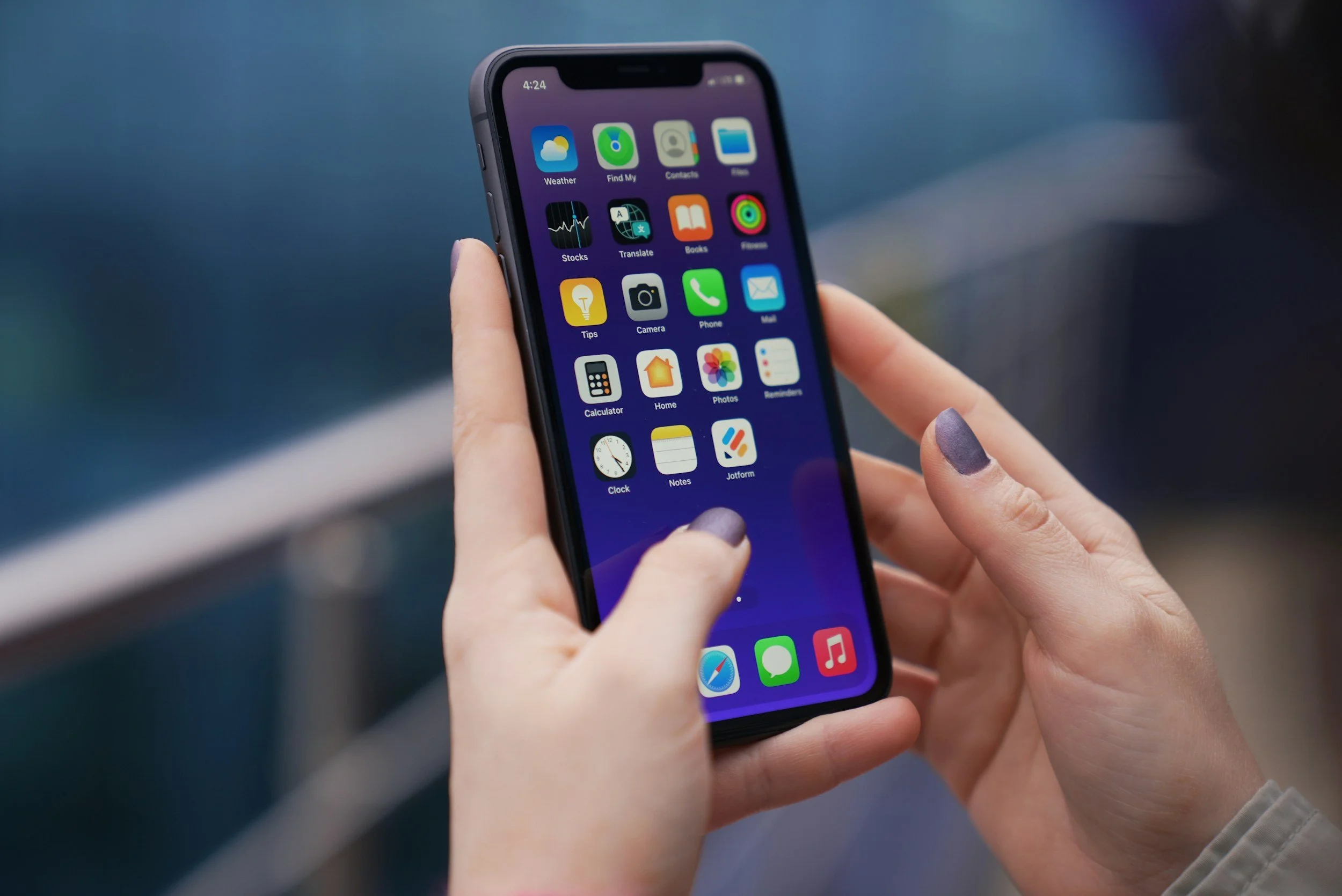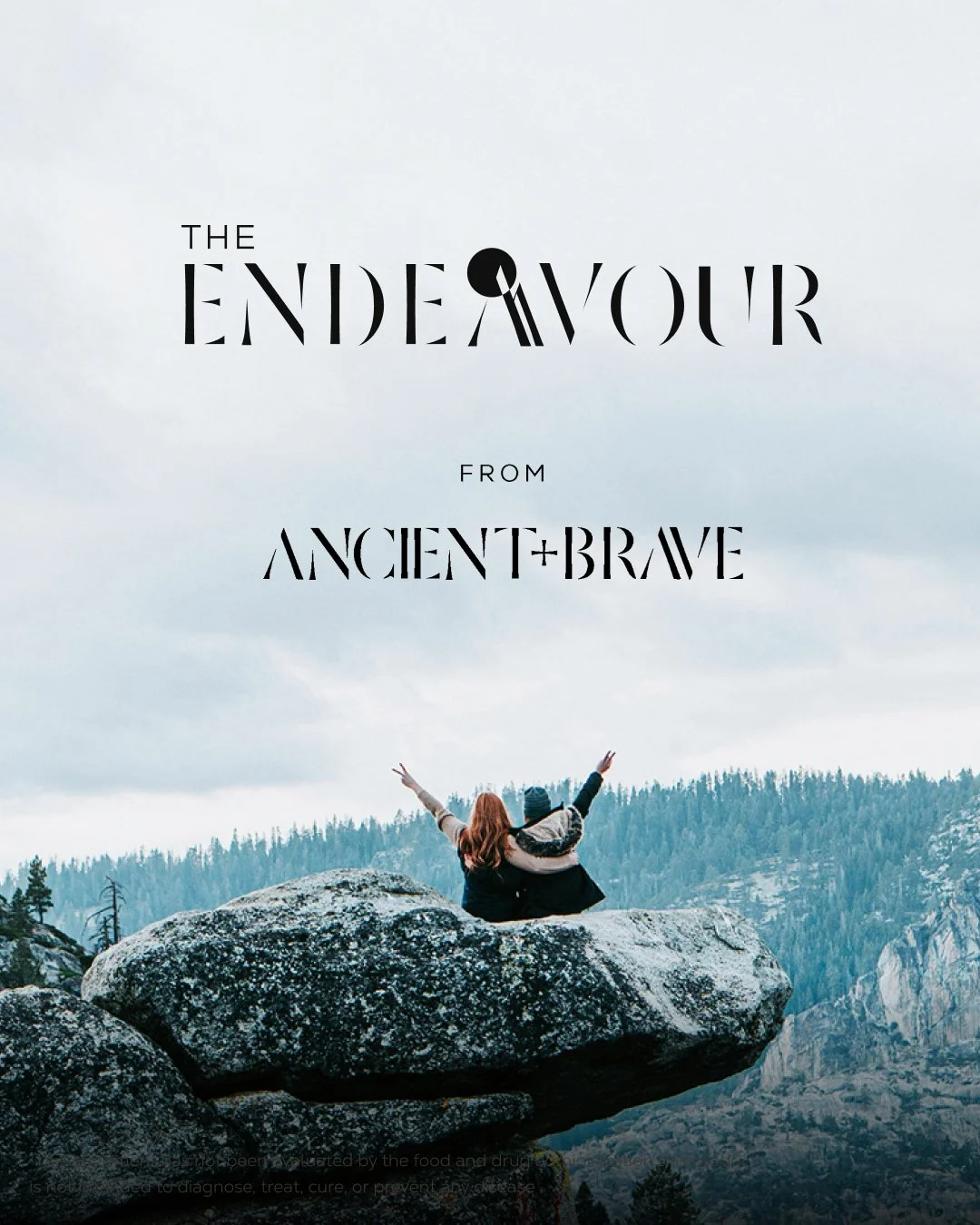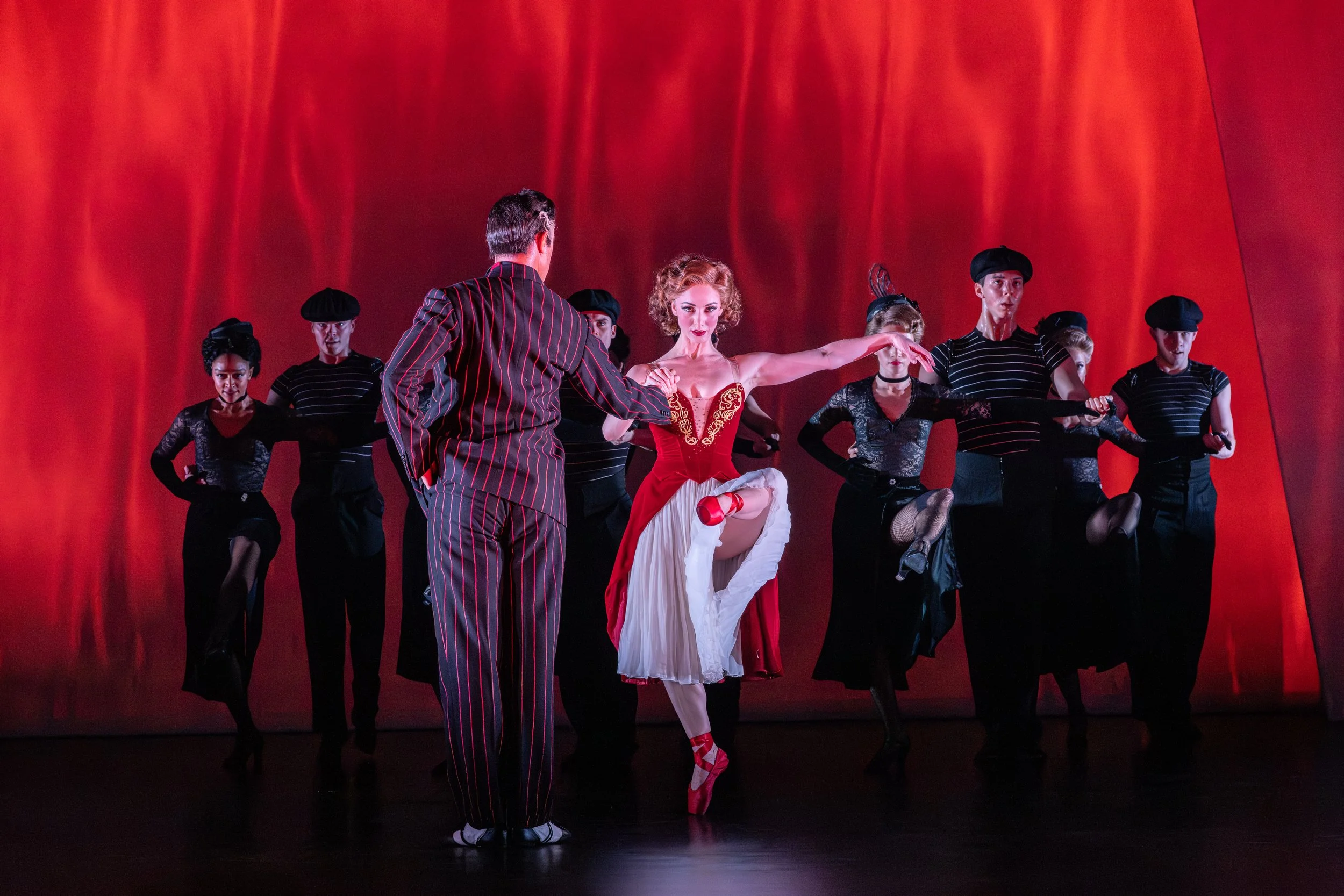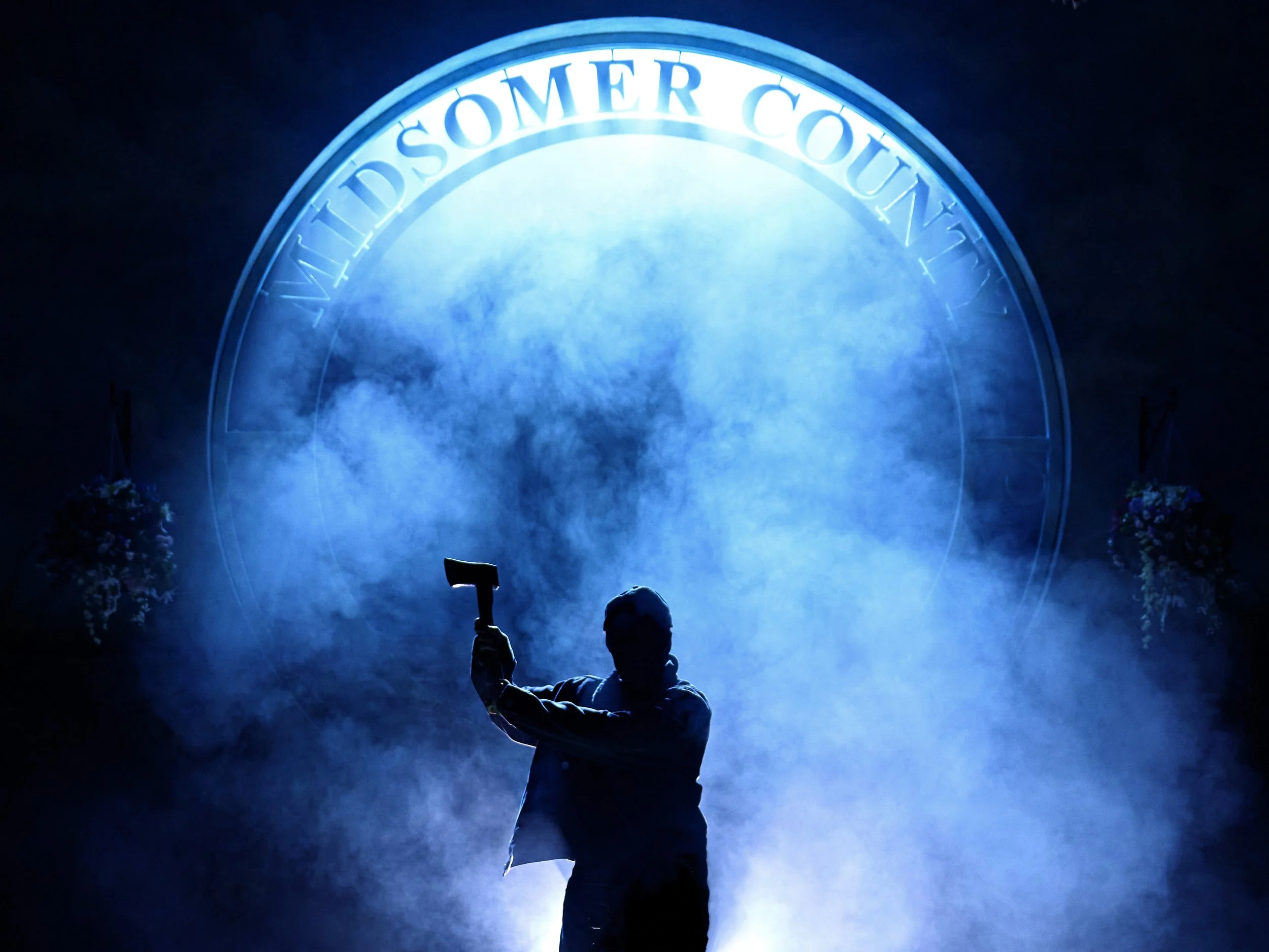A Women in Music Series: Artists Who Paved the Way - Billie Holiday
Billie Holiday held audiences captive in the 1930s when her raw, unique voice filled Harlem jazz bars and eventually the prestigious Carnegie Hall. However, it wasn’t just her voice that struck her audience. Holiday’s dedication to performing Abel Meerepols heart wrenching and graphic Strange Fruit, named by Times Magazine The Song of The Century, opened the eyes of her white audiences to the racism occurring across America.
A Brief History
Holiday's autobiography Lady Sings The Blues recounts Billie's turbulent and traumatic childhood, shedding light on the poverty and racism which her and many children experienced in the early 1900s. Holiday describes her younger self as outspoken and not complicit to the feminine ideals which were expected.
Billie Holiday, real name Eleanor Fagan born in 1915, grew up in Baltimore with her mother, her father left soon after Holiday was born, to pursue a jazz career. To provide for her daughter, Holiday's mother worked tirelessly often away from Baltimore in transportation jobs.
Under the care of extended family, Holiday suffered physical and mental abuse. Holiday recalls skipping school and having run-ins with the law before eventually leaving school at 11 to work as a cleaner and waitress to help support her mother.
Holiday's singing career began in 1929 when she was just a teenager, growing up listening to Bessie Smith and Louis Armstrong Holiday recalls in her autobiography that she often sang when she was working as a cleaner. This led to Holiday singing in Harlem nightclubs to earn some extra money.
Holiday's delayed vocals and organic jazz improvisation made her stand out among other female vocalists. At one of her gigs in 1933 producer John Hammond, saw her perform and arranged for Holiday to make her recording debut at only 18 years old. This began the star's brilliant but difficult career.
Holiday suffered from physical abuse growing up and into her adulthood, at the hands of her husband. In her autobiography Holiday describes her introduction to drugs was through with her fellow male band members not uncommon for performers who had to work long hours and keep awake. However, towards the end of her career, it was Holiday's drug addiction that the media latched on to rather than her art and activism.
Strange Fruit
American poet and songwriter Abel Meerepol penned Strange Fruit in 1937. The poems horrific imagery of lynching in the USA brought to the surface the racist atrocities occurring throughout America, particularly in the South.
Although there had been previous protest songs that dealt with race, none were as graphic or successful as Strangefruit.
Propositioned to perform Strange Fruit, Holiday accepted but not without concern and risk. Holiday debuted Strange Fruit at Cafe Society in 1939, “one lone person nervously started to clap, then everyone was clapping” Holiday explains in her autobiography, but after this performance, the song was cemented in her set. When the recorded version of the song was released by Commodore records, it gained media attention, something which few protest songs had achieved.
Lynskey in his article for The Guardian Strange Fruit: The First Great Protest Song states Strange Fruit “remained the most vivid symbol of American Racism”. Ahmet Ertegun, co-founder of Atlantic Records, deemed the song “a declaration of war...the beginning of The Civil Rights Movement”. Protest songs were rarely performed in venues and Holidays perseverance to perform Strange Fruit meant a wider audience were exposed to the movement.
Although many other artists have sung Strange Fruit, none have been able to come close to Holiday’s haunting and mournful performance. Through her artistic choices such as cutting syllables and her distinct control Holiday embodied the poem reflecting the pain that black people all over America were experiencing.
Holiday and The Civil Rights Movement
In the late 1930s The Civil Rights movement began picking up momentum with more protests sweeping America. Billie Holiday played a key part, through performing Strange Fruit Holiday enabled the movement to transcend into concerts and bars with white dominated audiences. However this was not without risk.
In 1939 Holiday received a call from The Federal Bureau of Narcotics who told her she was not allowed to perform Strange Fruit again. The FBN Commissioner Harry Anslinger who was known in the 1920s as an extreme racist was trying to silence the Civil Rights Movement through racializing drugs.
Using Holidays drug addiction as a way to prohibit her freedom of speech and stop her performing Strange Fruit. Anslinger used his position to stalk Holiday through undercover cops and eventually used her abusive husband to aid him in framing Holiday taking narcotics. This led to the trial of The United States vs Billie Holiday, Holiday was sentenced to a year in jail in turn stopping audiences from hearing Strange Fruit.
After her release in 1947 Holidays license to perform at Cabarets was revoked, unphased Holiday performed a sold-out show at Carnegie Hall.
Anslinger continued to frame and arrest Holiday, and as her addiction spiralled so to did her career. This did not stop Holiday who continued to perform Strange Fruit throughout the 1950s risking her life and career every time she sang.
Farah Jasmine Griffin of Columbia University’s African American and African Diaspora Studies told NPR.
“The kind of courage not only that she would risk her career and her career mobility but that she actually risked her life and her freedom because she felt that she had to sing this song,”
Billie Holiday's performance of Strangefruit has gone down in history for its political and cultural impact. Despite being framed and censored Holiday never stopped doing what she believed in continuing to sing Strange Fruit throughout her career.
Holiday’s bravery and determination to overcome any obstacles paved the way for artists today. In 2017 Rebecca Furgusan was asked to perform at Donald Trump’s inauguration, the artist said she would only perform Strange Fruit stating not singing this would go against her artist integrity.
In 2002 Strangefruit was added into the National Registry of the Library of Congress, signifying it as part of US musical heritage.
Articles for further reading-
Strange Fruit: The First Great Protest Song
Strange Fruit: The Most Shocking Song of All Time
Jose James on Why Billie Holiday is a Radical Feminist
Help us keep the City Girl Network running by supporting us via Patreon for the price of a cheap cup of coffee - just £2 a month. For £3 a month you can also get yourself a Patreon exclusive 10% off any of our ticketed events! You can also support us by following us on Instagram, and by joining our City Girl Network (city wide!) Facebook group.
Written by Bronwen Latham











